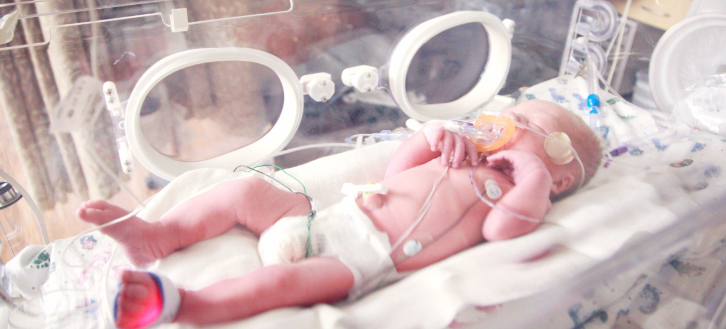Photo Credit: Serr Novik
Elevated cortisol concentrations are associated with risk for unpredicted birth complications (UBCs), according to a study published in Psychoneuroendocrinology. Researchers examined the relation between hair cortisol concentration (HCC) in participants and symptoms of psychological distress during the perinatal period and with UBCs. During the third trimester and at 2 and 6 months after birth, surveys measuring symptoms of perceived stress, state/trait anxiety, and depression were obtained; 24.5% reported UBCs. HCC was measured in hair samples collected during the third trimester and 6 months after birth in a subset of participants. Those reporting UBCs had significantly elevated composite stress, anxiety, and depression (SAD) scores 2 months after birth compared with those reporting normal births; by 6 months postpartum, the scores decreased. There was a positive association for HCC during the third trimester with reported SAD scores; participants reporting birth complications had elevated HCC. In logistic regression, HCC, but not SAD scores, predicted UBCs. HCC varied during the perinatal period depending on SAD scores at 2 months postpartum and UBC experience.


















Create Post
Twitter/X Preview
Logout